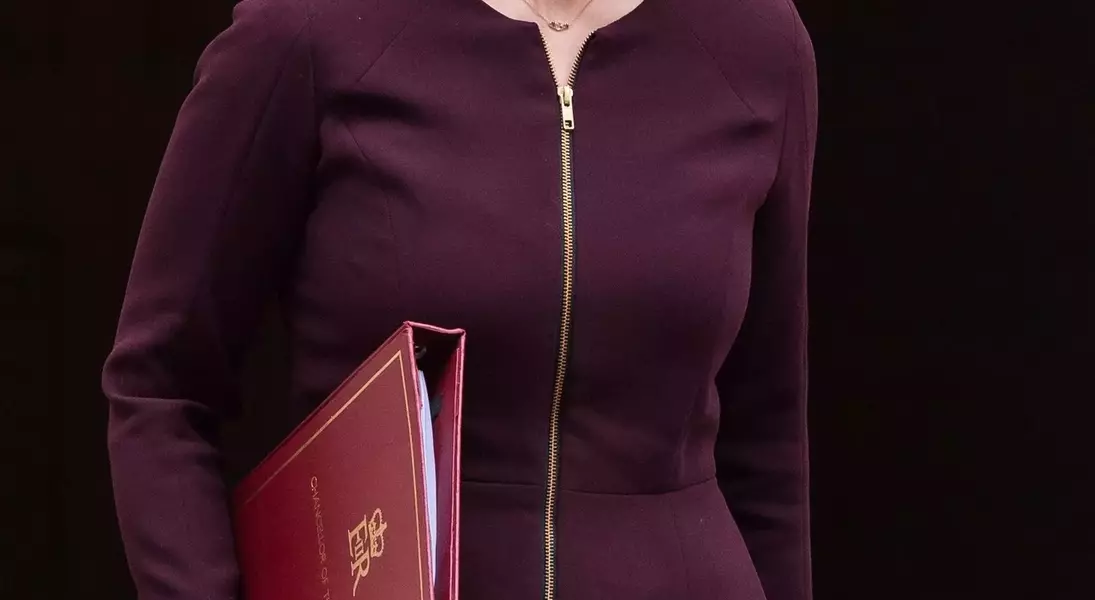






The upcoming Autumn Budget in the UK is a critical juncture for the nation's fashion industry, which is grappling with escalating operational costs, diminishing commercial optimism, and fierce international rivalry. Key stakeholders within the sector are actively calling for specific governmental interventions to safeguard its future vitality and global standing. These proposed measures encompass a spectrum of financial and policy adjustments, aiming to alleviate economic burdens and foster an environment conducive to innovation and expansion.
Amidst the anticipation of the Autumn Budget, the British fashion and luxury sectors are collectively urging the government to implement a series of strategic reforms. These include reintroducing a VAT Retail Export Scheme to attract international spending, lowering business rates for retail and creative enterprises, enhancing financial support for fashion exports, and prioritizing investment in the development of creative skills and education. Furthermore, there is a strong push for a dedicated Extended Producer Responsibility (EPR) scheme for textiles and the revival of VAT-free shopping, initiatives deemed crucial for stimulating tourist expenditure and bolstering UK-based manufacturing.
Fiscal Policies and Sector Resilience
The UK fashion industry faces significant challenges from current economic conditions, including increased taxes like higher employer National Insurance contributions. Business confidence is waning due to concerns about further tax increases, which could lead to higher prices, reduced profit margins, and stifle job creation and investment. Uncertainty surrounding business rates reform also affects both independent retailers and large flagship stores. The industry worries that crucial investments in areas like manufacturing, 'Made in the UK' infrastructure, circularity, and sustainability innovation might be deprioritized if the budget focuses primarily on fiscal tightening rather than a comprehensive industrial strategy. This situation highlights the urgent need for a supportive budget to maintain the sector's competitiveness.
The current fiscal landscape presents a formidable challenge for the UK fashion industry. The sector is particularly vulnerable to further tax hikes, such as potential increases in income tax, which could exacerbate existing pressures from rising employer National Insurance. This environment threatens to compress already slender profit margins, necessitate price adjustments, and deter both hiring and capital investment. Compounding these issues is the ongoing uncertainty surrounding business rates, which impacts a wide range of enterprises from small independent boutiques to major retail landmarks. A significant concern is that the government’s budgetary priorities might lean towards short-term fiscal consolidation, potentially at the expense of long-term strategic investments in critical areas like advanced manufacturing, local production capabilities, and sustainable innovation. Such a focus could undermine the industry’s ability to compete on a global scale, leading to a decline in its economic contribution and cultural influence. Therefore, a judicious approach in the upcoming budget is essential to ensure the sector's resilience and capacity for growth.
Global Competitiveness and Strategic Initiatives
The UK fashion industry's global competitiveness has diminished, particularly post-Brexit. Export-focused businesses contend with ongoing trade barriers, tariffs, and inadequate governmental support for international expansion. The removal of VAT-free shopping is frequently cited as a primary deterrent for tourism, luxury spending, and overall UK attractiveness. To counteract this, trade bodies and brands are advocating for policies that strengthen international appeal, such as restoring the VAT refund scheme to align with European counterparts and implementing a textile-specific EPR scheme. These measures are seen as vital for invigorating international visitor spending, securing jobs, and fostering growth within the broader visitor economy.
A critical issue for the UK fashion sector is its declining international competitive edge, a situation exacerbated by the ramifications of Brexit. Companies reliant on exports frequently encounter significant trade frictions, tariffs, and a perceived lack of robust government backing for their global ambitions. The abolition of VAT-free shopping is a recurring point of contention, widely believed to be hindering tourist influx, deterring high-end luxury purchases, and generally diminishing the UK's appeal as a shopping destination. In response, prominent fashion trade organizations and luxury brands are united in their call for policy adjustments aimed at enhancing the nation’s global standing. Key proposals include the reintroduction of the VAT refund scheme to level the playing field with other European nations, and the establishment of a bespoke Extended Producer Responsibility (EPR) framework for textiles. These strategic initiatives are considered indispensable for revitalizing spending by international visitors, safeguarding employment, and stimulating economic growth across the entire visitor-centric economy, thereby repositioning the UK as a premier destination for fashion and luxury retail.
